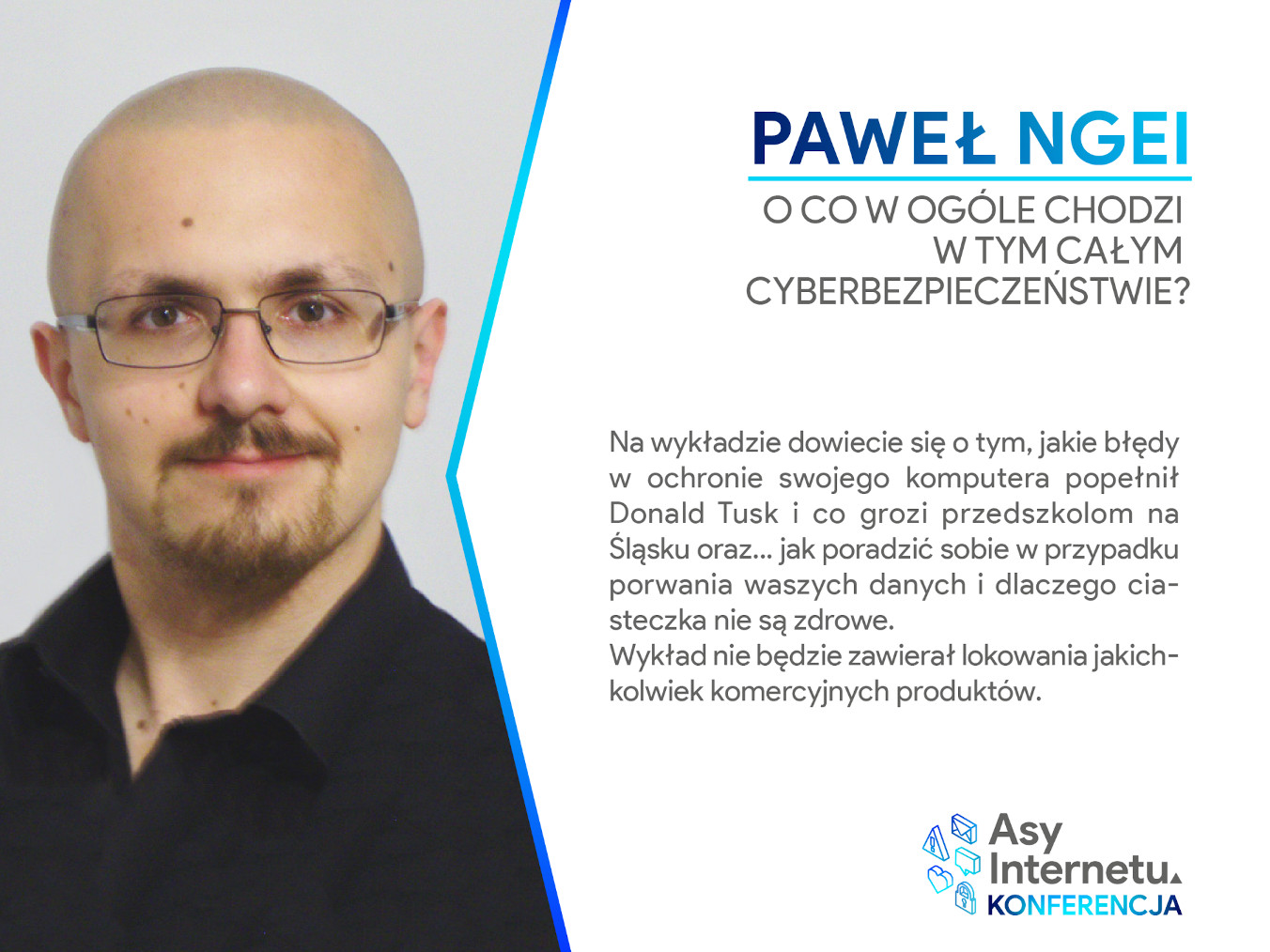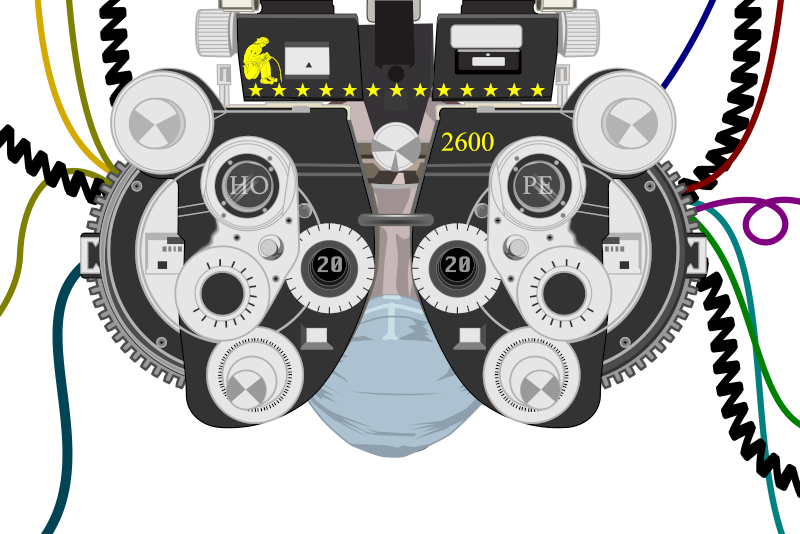Cryptoparty dla Nauczycieli na konferencji Asy Internetu 2021
Posted on Sat 05 June 2021 in misc
 Wizytówka Cryptoparty na stronie Asów Internetu
Wizytówka Cryptoparty na stronie Asów Internetu
11go lutego 2021 zostałem zaproszony na konferencję "Asy Internetu" organizowaną przez Fundację "Szkoła z Klasą" wraz z Google. Mój występ znalazł się w części przeznaczonej dla nauczycieli i w przeciwieństwie do zwykłego Cryptoparty kierowanego bardziej do samych uczniów, skupiał się na tym w jaki sposób opowiadam o cyberbezpieczeństwie na swoich zajęciach.
W ciągu 30 minut przybliżyłem zainteresowanym pedagogom podstawy podstaw cyberbezpieczeństwa i pokazałem narzędzia, które mogą wzbudzić zainteresowanie ich podopiecznych, szczególnie HaveIBeenPwned i Insecam dobrze prezentujące tematykę haseł, oraz Lightbeam jako świetny przykład problematyki internetowych ciastek.
Cały mój wykład można obejrzeć poniżej lub pod tym adresem:
Osobom chcącym dowiedzieć się więcej o edukacji z zakresu cyberbezpieczeństwa polecam swoją poprzednią analizę dostępną na tym blogu.



